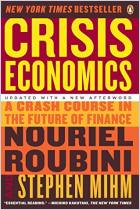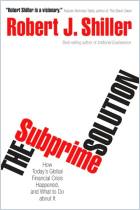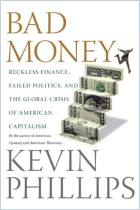Únase a getAbstract para acceder al resumen.

Únase a getAbstract para acceder al resumen.
Robert U. Ayres
The Bubble Economy
Is Sustainable Growth Possible?
MIT Press, 2014
¿De qué se trata?
A sluggish recovery, companies hoarding cash and energy projects hungry for investment: The solution is obvious.
Recommendation
The ways that energy and environmentalism should tie into economics pose a timely and central question. Economist and physicist Robert U. Ayres expertly delves into the popular commonsense proposition that the investment and economic activity required to achieve a more sustainable energy sector could also provide the boost that the wider economy needs. He speculates on ways to lure cash-hoarding corporations to invest in green energy and to harness the financial system into funding new instruments that would spread risk and liquidity among fledgling green energy ventures. His thorough, conversational and jargon-free delivery makes this a good introductory book for the lay reader, particularly in its recounting of economic history. The sections on energy are among the book’s high points and would appeal to anyone interested in a sustainable economy. getAbstract recommends this dense but agreeable treatise to the general-interest reader and to those interested in green energy.
Summary
About the Author
Physicist and economist Robert U. Ayres is professor emeritus of economics and political science at INSEAD. He is the co-author of The Economic Growth Engine: How Energy and Work Drive Prosperity.




















Comment on this summary